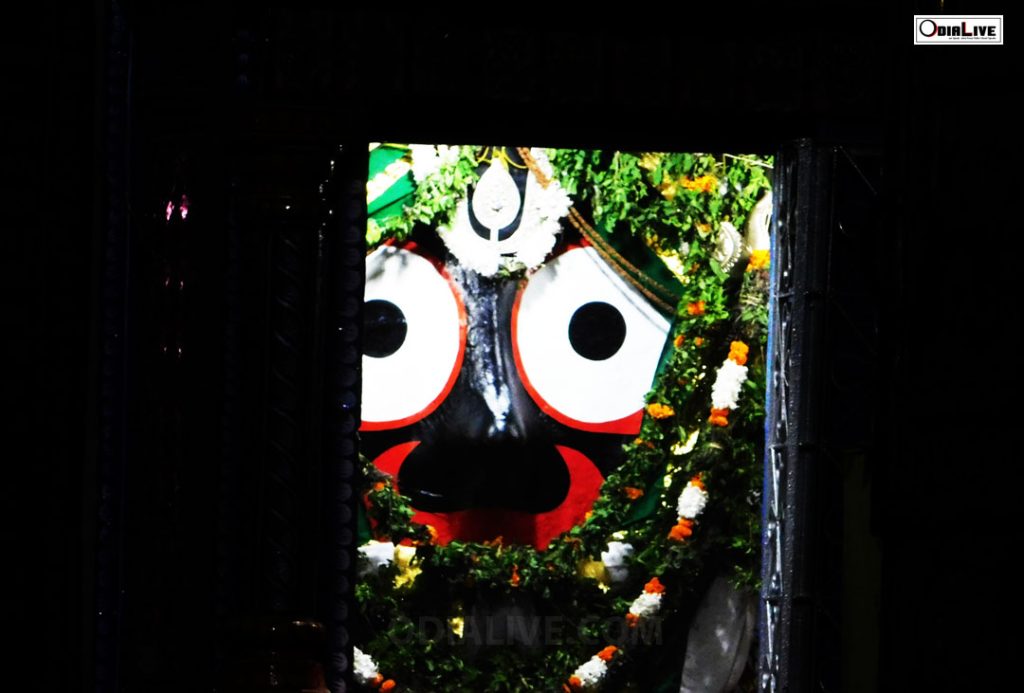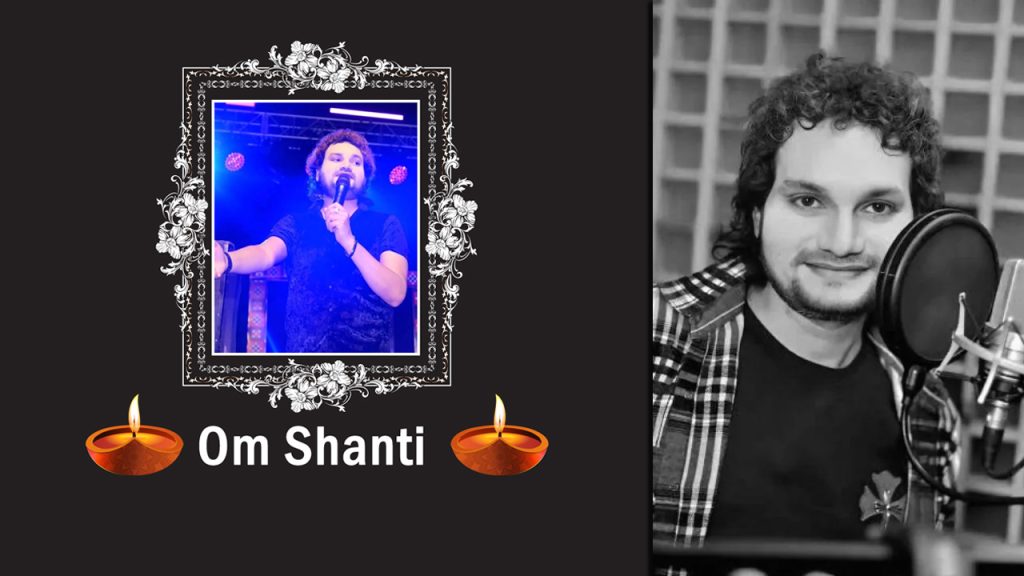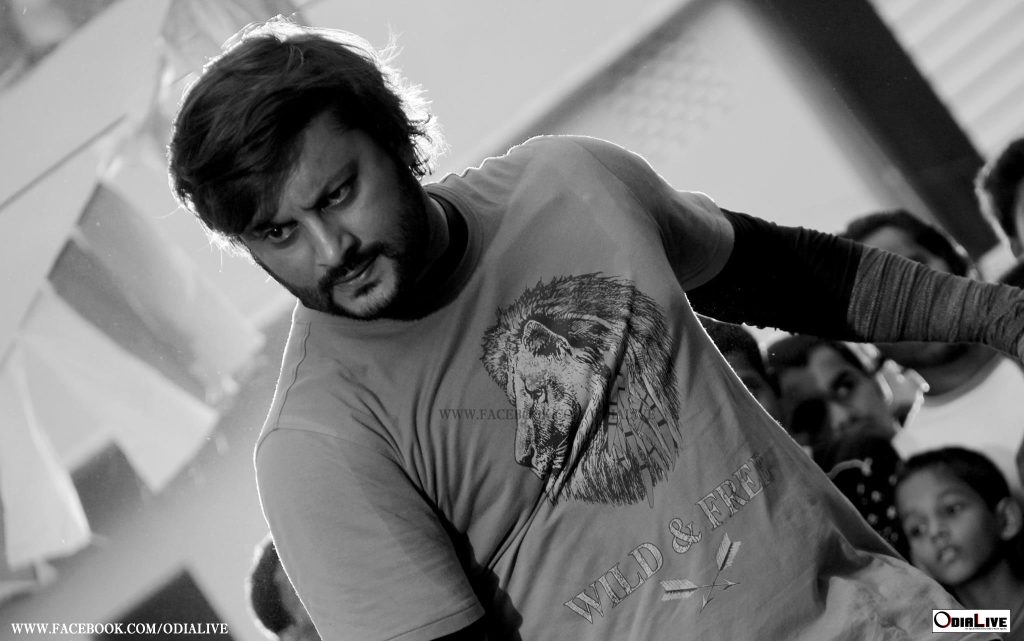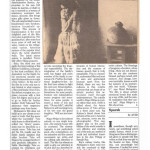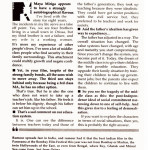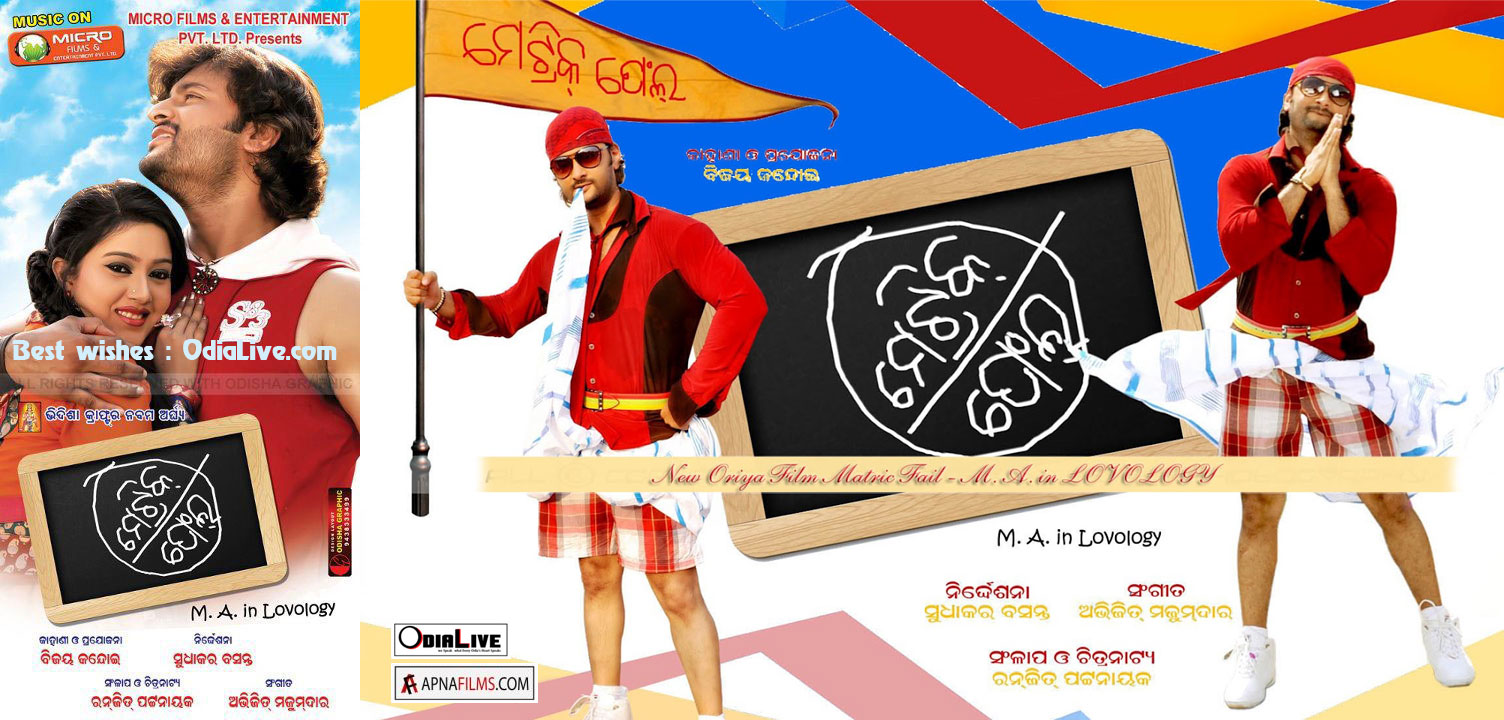MAYA MIRIGA – The Mirage and Odia Cinema
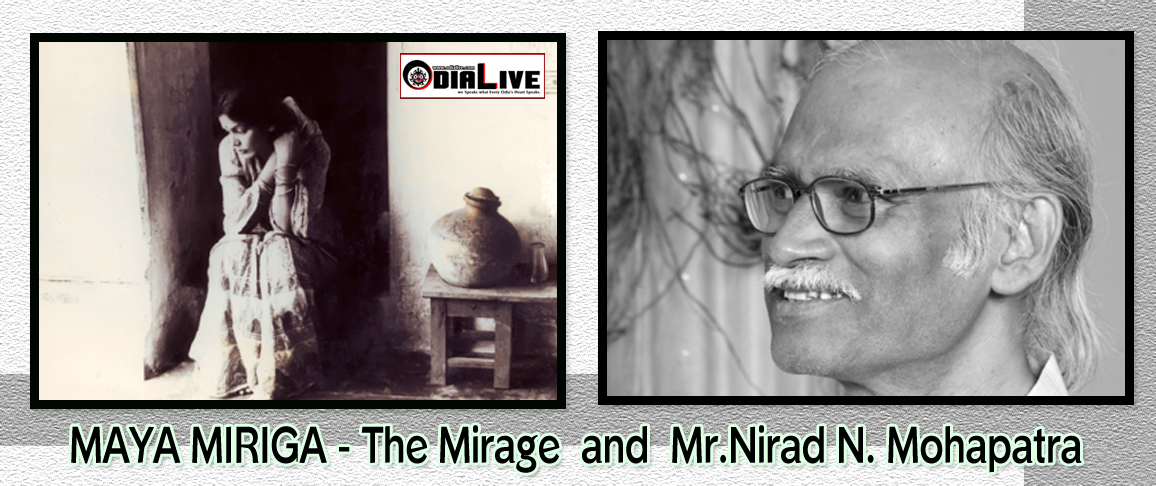
Awards & Participation
- CANNES FILM FESTIVAL (1984): Critics Week Section
- MANNHEIM-HEIDELBERG INTERNATIONAL FILM FESTIVAL: Best Third World Film (1984)
- NATIONAL FILM AWARDS (1984): Second Best Feature Film
- HAWAII FILM FESTIVAL: Special Jury Commendation
- ORISSA STATE FILM AWARD (1985) : Best Director, Best Film
- LOS ANGELES FILM FESTIVAL
- LOCARNO FILM FESTIVAL
- REGUS LONDON FILM FESTIVAL
MAYA MIRIGA – A Synopsis
Maya Miriga is concerned with the gradual and irreversible process of disintegration in a middle class joint family living in a small town in Orissa/Odisha.
Raj Kishore Babu, an elderly head master in a school, lives modestly in a joint family. He has five children: Tuku, the eldest son, who is quiet and dutiful, works as a lecturer. Prabha, Tuku’s wife, is expecting their first issue and is dedicated to the running of the household.Tutu, the second son, is the great hope of the family. Following his brilliant academic career in Delhi, he is assured of a prestigious Government job. The third son, Bulu, clings to the family for his emotional security and is quick to see himself as a failure despite Tutu’s encouragement. The fourth son, Tulu, is the defiant one, ready to challenge the established family norms. Tikina, the youngest one is still at school. The family’s emotional centre is the gentle and worldly- wise grandmother. It is, however, Raj Kishore Babu who lays down the rules. His wife merely wields control over her daughter-in-law, Prabha.
When Prabha gives birth to a daughter, family expectations are let down. But soon enough, Tutu’s final selection for a prestigious I.A.S. job more than makes up for everything. As his newly acquired status demands, he marries above his social milieu. The house is transformed with modern gadgets and new furniture after Tutu’s marriage. Irritations arise, which reflect the beginning of changes in the joint family household. Tutu’s city-bred wife will not follow in Prabha’s footsteps as a traditional daughter-in-law, the role that is expected of her. On the flimsy pretext of her mother’s sickness, she declines to stay with her in-laws while her husband is away on training. Prabha resents the preferential treatment given to the new couple. Soon after the couple leave, the grandmother suffers a stroke and dies the same night.
Prabha’s sense of oppression, resulting from the joint family system , increases. She sees others who are better off because they do not need to share their income. Prabha can only express her resentment gradually to her husband, Tuku, as she realizes the deep sense of dedication her husband has towards the joint family.
Raj Kishore Babu retires from his work as headmaster. He is depressed and only finds solace in the company of another retired official. The latter pins all his hopes on the return of his only son who lives in America.
Tulu,the defiant one gets a first class graduate degree. He wishes to follow his brother’s footsteps and study in Delhi. Bulu, the ‘failure’ of the family, realizes that he will be all alone and left completely on his own. The family persuades Tulu to await the return of the successful brother Tutu, who is due to visit the family on the way to his first posting. His wife accompanies him only to collect her dowry possessions. She insists on doing it despite her husband’s embarrassment at her material preoccupation.
Tutu expresses reluctance to help finance his younger brother’s education in Delhi. The father comes down heavily on his favorite son and reminds him of the sacrifices they made to educate him in Delhi. Finally, Tutu, in shame, gives in. The eldest son chooses this moment to slip in the news of his deputation to a post in the State capital.
The disintegration of the family is by now apparent. An uneasy silence follows. In the quietness of the night, and in the privacy of their rooms, the family members recollect the warmth of their togetherness, yet are painfully aware of the impossibility of staying together.
Next morning, Tutu and his wife leave with their dowry items. Prabha, for the first time, declines to light up the oven feigning sickness. The mother has to take on the responsibility of the family. Reflecting on the state of affairs, Raj Kishore Babu ironically asks his two year old grand child: “ will you too leave us”.
About The Film
The making of Maya Miriga was an exciting experience of improvisation within the broad framework of a written story. The film was shot at Puri, a seashore town in Odisha. With a small crew and a team of non-professional artistes, we pitched our tents months in advance to dress up an abandoned house including its courtyard, which was to be our only set. We were lucky to have this house at our disposal and to have the best of both the worlds – a set on location.
I intended the film to be long and compassionate look at its characters, watching the members of a family inexorably progress towards their break-up. I belong there, to the small-town middle class joint family and have been fascinated by its dreams and agonizing nightmares. In it, I see a lot of warmth, fellow-feeling, sharing of experiences and a sense of responsibility. But I also see the tight-rope walking of the married sons, the bitterness of its locked-up daughters-in-law, their need for freedom, economic or otherwise, the maladjustment in marriages and above all, selfishness that can damage its very fibre.
At one level, it is the emotional attachment to the family as against freedom for oneself that provides the mainstay of its conflict. At another, the conflict arises from the social reality of the middle class: its economic status as related to higher education, better jobs and higher positions in the social hierarchy. But ultimately the film is about certain emotional bonds which make up a way of life and the painful realization that they can not last.
Also Read: 5 Films you must watch on Tarang Plus
Courtesy : Mr.Nirad Narayan Mohapatra’s Official Website
Links you may Prefer to visit
You may Like This
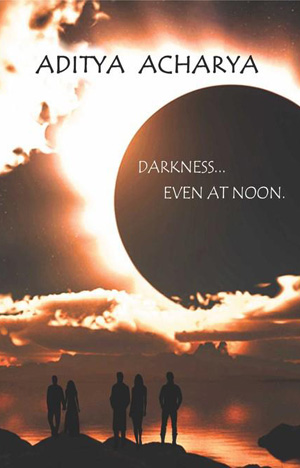
Darkness…..Even At Noon is Young Odia novelist Mr.Aditya Acharya’s 1st published novel released all over India.Aditya,a final Yr. mechanical Engg. student of ITER,BBSR hailing from Cuttack has a passion for writing stories and poems.He intends to convert this passion of his into profession. Aditya always wanted to write since standard 9.He had been looking for a good story and he finally got one last yr. which now has hit the market .
The Novel is now available online in the Following websites.Click on the Link below to Purchase the Novel“Darkness……Even at Noon” online.
You can contact him at : aditya.sovan@gmail.com


